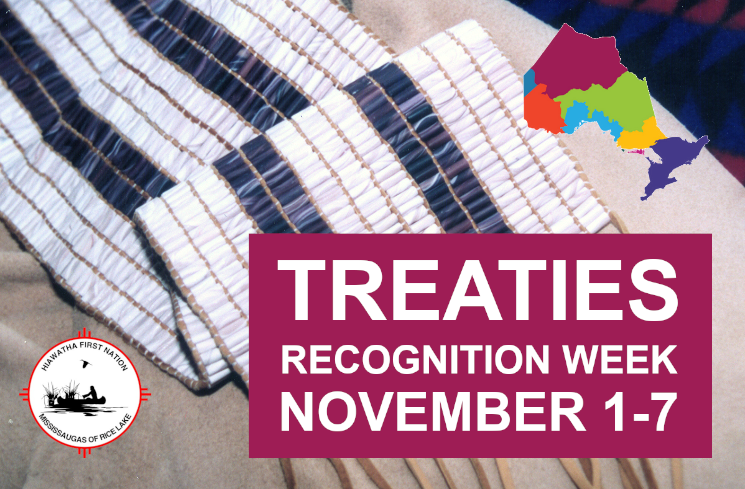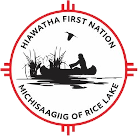
Treaties Recognition Week began in November of 2016, as a way to educate
non-Indigenous Peoples on Treaties and the importance of Treaties in all our lives.
The majority of Canada exists under Treaties (Treaty Agreements) for shared
use of the land between Indigenous and non-Indigenous people. Treaties are to uphold
and protect Indigenous rights to land, resources, water, health care, education and
much more. Treaties “define ongoing rights and obligations” for everyone who lives in
Canada. Canada has not upheld their end of the Treaty Agreements, however
Indigenous Peoples continue to uphold and protect their end of these agreements.
Treaties were solemn pacts establishing the future basis of relations between
First Nations peoples, for whom Canada, known as Turtle Island is an ancient
homeland, and the Settler Government of Canada and its People.
First Nations representatives signed the treaties to allot some lands and sharing of
resources from these lands (to the depth of a plow) to ensure their People were looked
after for many generations to come. They believed (because all the Treaty
Commissioners told them so) that they would be cherished and protected by the Crown
with whom they had a special relationship.
First Nations believed they were merely giving the new settlers the right to use some
of their lands for farming. First Nations Peoples did not give up all title to their land, nor
could they even comprehend the concept of extinguishment of all title and all rights to
their lands forever.
First Nations know that they never relinquished their status as Sovereign Nations,
and are absolutely certain they have never had any intention of assimilating and giving
up their way of life, their culture and traditions.
We must all work together, to uphold and protect the Treaties, which in turn
protects the lands and waters that we share to protect the health of Mother Earth and all
that she offers for our survival, so that we can all continue to have life for the next seven
generations to come.
Miigwetch,
Chief and Council
